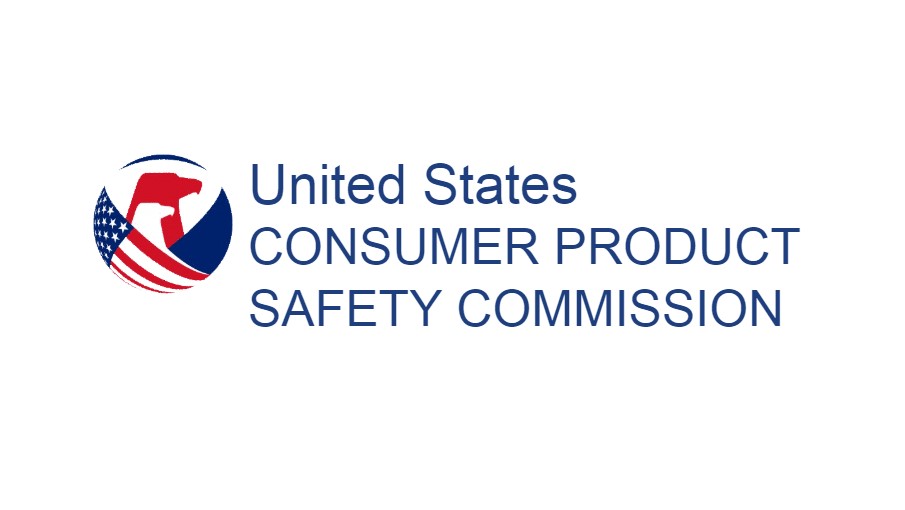The U.S. Consumer Product Safety Commission recently voted to reach out to the public on whether bicycle safety requirements need updating, and with that do they fairly include e-bike usage? As part of this, Commissioner Mary T.Boyle has requested the agency’s technical staff also conduct a study into e-bike “hazard patterns.”
16 CFR Section 1512, which was established in 1975 defines a bicycle as a two-wheeled vehicle that has a solely human-powered rear-wheel drive; or a two or three-wheeled vehicle that is fully operable by pedals that has an electric motor of less than 750W equivalent to 1 horsepower, with a speed of less than 20mph (with a rider weighing 170lbs on a paved level surface).
This new direction from the CPSC comes after they petitioned to eliminate coaster brake requirements on certain kids’ bikes. The CPSC said, “The public commenting should evaluate whether compliance with these standards provides adequate safeguards, especially related to e-bikes”.
"More than 20 years ago, Congress authorized CPSC to promulgate regulations to protect the safety of consumers who ride low-speed electric bicycles," Commissioner Boyle said. “The agency has not done so, and it is past time that we take a hard look at whether we should do so now. I proposed to initiate a broad dialogue with stakeholders on the adequacy of safety requirements currently on the books for bicycles, including e-bikes."
PeopleForBikes issued a supporting statement that the CPSC likely will create new bike regulations after the comment period.
"Accordingly, we will work with our member companies and their subject matter experts to participate in this process and help craft reasonable, principled regulations that will improve safety, reduce the number of unsafe products on the market, and assist the CPSC in its mission to protect consumers by providing it with the tools it needs to police the marketplace."
PeopleForBikes policy counsel Matt Moore said, "PeopleForBikes looks forward to submitting comments and participating in any future development of needed changes to the CPSC bicycle and e-bike regulations, including the addition of applicable recognized testing standards. After suggesting to the CPSC in January that stronger regulations were needed to limit the import and sale of unsafe, untested batteries for e-mobility devices, we are pleased to see the process moving forward to regulate the unfortunate flow of unsafe mobility products into the U.S. market."
Boyle also brought attention to an earlier CPSC report about the increasing number of e-bike injuries and fatalities attributed to collisions, braking, and user control issues. It also notes that while traffic safety is key, the weight, speed, and acceleration of e-bikes play a role.
The CPSC has already contacted more than 2,000 manufacturers and importers of e-bikes and other micro-mobility devices, insisting they all comply with relevant safety standards, including UL's 2849. You can view the letter here: https://www.cpsc.gov/s3fs-public/Important%20Safety%20Information%20Concerning%20Micromobility%20Devices.pdf
The alarming increase in the number of lithium-ion battery fires has pushed the New York City Council to action. They recently passed a safety legislative package that prohibits the sale of e-bikes, e-scooters, and batteries that don’t meet certification criteria like UL.
"I have urged the commission's enforcement staff to press manufacturers on battery safety in micro-mobility devices, including e-bikes, which, at a minimum, should not be sold unless they adhere to voluntary safety standards for batteries and electrical systems," Boyle said.








